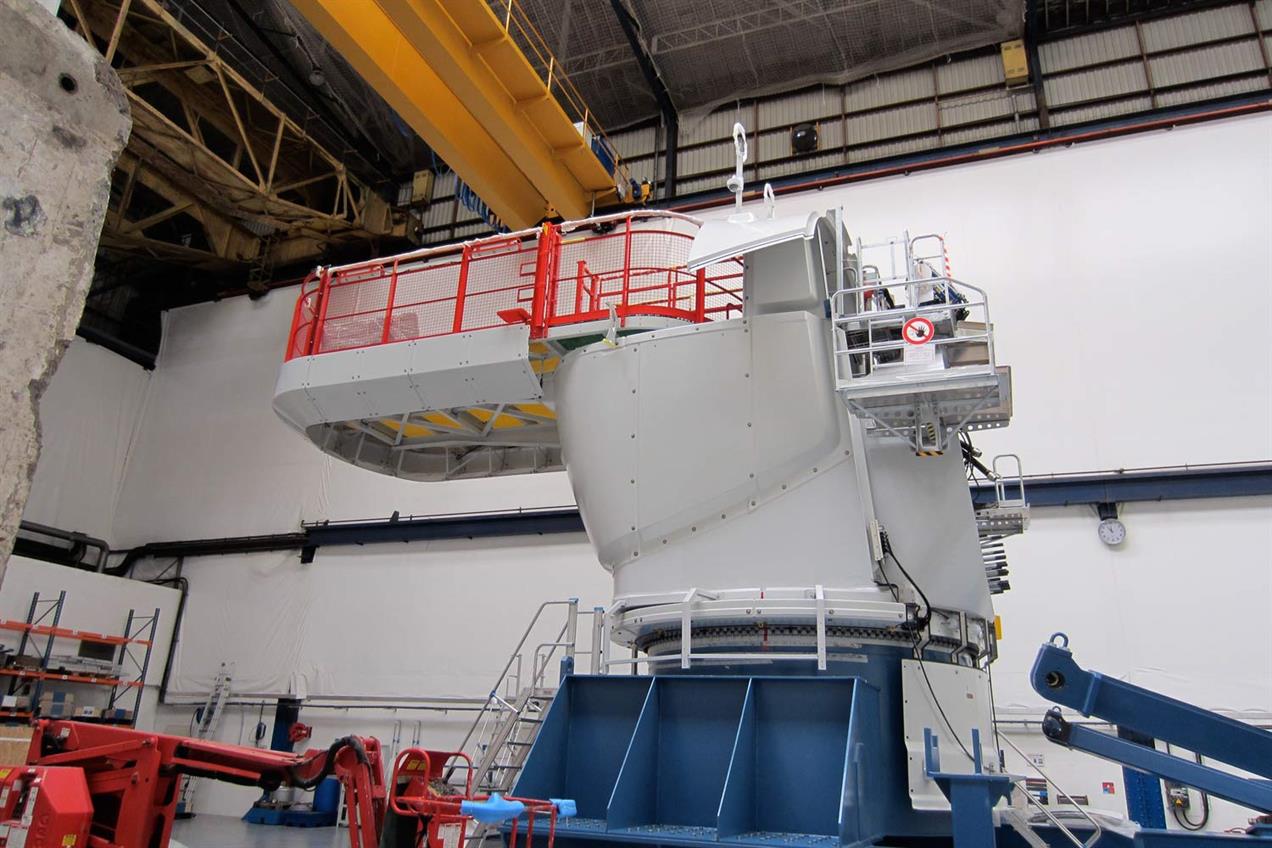Questions include what GE may do with Alstom's offshore wind unit. But the US conglomerate has already begun downplaying its stance — publicly, at least — that offshore is pricey and uncertain.
In March at the European Wind Energy Association's annual conference, GE renewables vice president Anne McEntee said: "Offshore continues to be less than 5% of the market and, as we look at the cost of offshore as in: does it make economic sense?, it's still three to four times higher in price than onshore."
McEntee also raised the question of policy issues during the development time required for offshore. "You question me about policy volatility in a six- to seven-year period that it takes to get those projects off the ground; there's a lot of volatility that can happen there as well."
However, in a statement put out on her behalf — just to show how the bigger picture and wider concerns can shift opinions — McEntee appears to have relaxed her view. "Although our wind business is not focused on offshore, GE has supported offshore wind through the development of advanced key components such as generators and inverters," she said in mid-May.
"Offshore is evolving. As we [proceed], we will stay committed to helping our customers succeed and driving the wind industry forward through the most advanced technology," she added.
French government steps in
GE's largest-ever purchase is complicated by the French government trying to keep domestic jobs, prevent outsourcing and improve the price. Un-named sources
quoted by financial newspaper Les Echos in May said the government wanted state-controlled Areva to buy Alstom's offshore wind unit were GE's bid successful while Areva has also indicated it could be interested. The government has requested GE to extend its bid deadline to 23 June.
The comments could have been designed to force GE into concessions. Les Echos had already printed a letter from GE president Jeff Immelt to French president François Hollande, promising to locate a global offshore wind headquarters in France.
GE is not expected to divest Alstom's offshore wind unit. "I do not see GE pruning the offshore business," noted Dan Holland, an analyst at investment research firm Morningstar. "GE wants a foot in every part."
Offshore expertise
As buyer, GE would benefit from Alstom's 6MW Haliade, the first prototype operating onshore since 2012, and another Haliade off Belgium since 2013. "It's not a long track record, but GE doesn't have to start from scratch," said Feng Zhao, a research director at Navigant's BTM Consult.
Alongside Siemens and ABB, Alstom
is also one of three leaders in offshore wind turnkey solutions using AC or DC converters.
GE must diversify its wind markets globally. Most of Alstom's 1.5GW Haliade pipeline is in French waters, and 42MW is off America. In Brazil's hot onshore market, GE leads with more than 1GW in orders, while Alstom's Ecotècnia subsidiary has 400MW-plus. Buying Alstom would consolidate GE's supremacy. Asked whether GE might close any of Alstom's Brazilian assembly plants, Dan Shurey, an analyst at Bloomberg New Energy Finance, said: "It could be an issue."
Alstom has been more active in emerging wind markets than GE, which is worried by its reliance on America. Alstom has delved into the former Soviet Union, Morocco, Ethiopia, Kenya and South Africa, noted Zhao. As a global leader in hydro, the French firm also has much experience in China.
GE could close Alstom's Spanish wind research and development centre. "It wouldn't surprise me. There could be job losses. It's more likely than in France," Shurey said. NRG analyst Edgar van der Meer said the decision could be political: "What concessions are made to the
French government?"
Another possible compromise is GE retaining the Alstom brand, said Mike Rosenberg, assistant professor of strategic management at IESE Business School in Barcelona. "That could mollify the French government. Why not? It's a logical thing to concede." For France, it would be a coup. Morningstar's Holland said GE usually puts its name on a purchased firm's products.
GE's technology overlaps with Alstom/Ecotecnia's — a three-stage gearbox and doubly fed induction generator, said Philip Totaro, an intellectual property (IP) and technology expert. Alstom developed its offshore generator and converter with Converteam, which GE purchased for $3.2 billion in 2011, he added.
"[But Alstom's] technology and IP are complementary to GE's and would serve to bolster GE in critical areas such as condition monitoring and speed control, as well as load mitigation," he noted.

.png)


.png)










